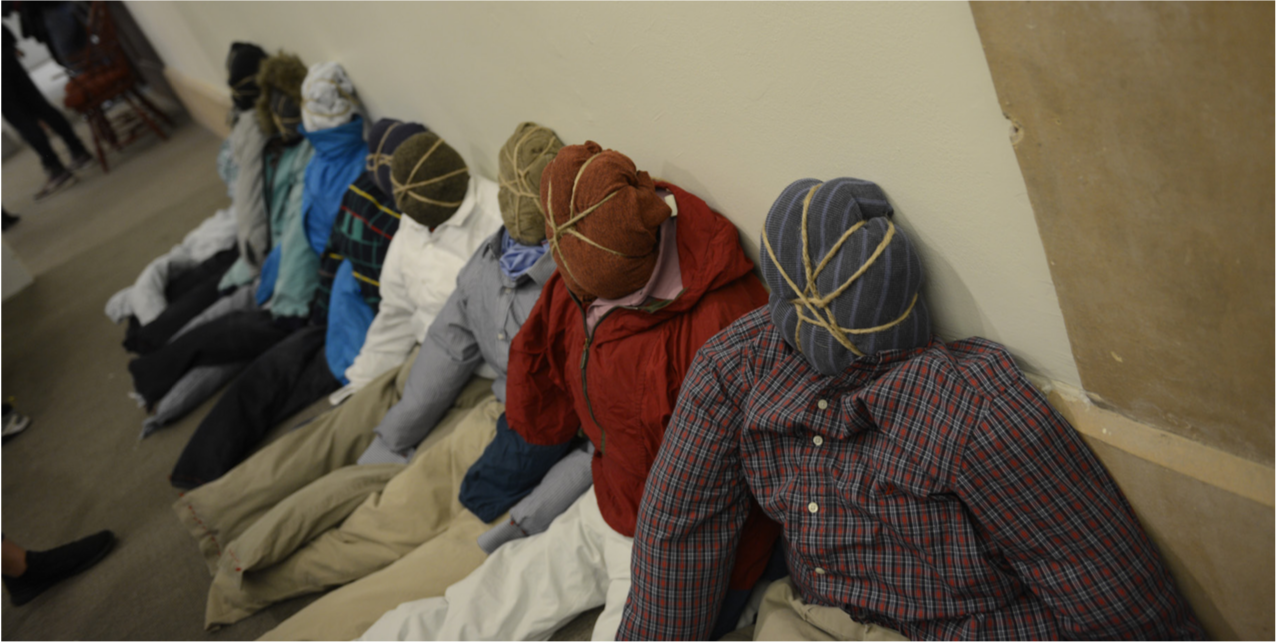
IDENTITY AND CONSUMPTION: MODERN FASHION AND THE AESTHETICS OF EXCESS
Estelle Ellis, in a 1991 Fashion Institute speech, proclaimed the expansive extent of fashion’s effect on different domains of society. She defined fashion as a “mode-the way we dress; manners-the way we express ourselves; mores-the way we live; and markets-the way we are de-fined demographically and psychologically.” There is a poignancy to Ellis’s answer to the question “what is fashion”; on a pragmatic level, one might assume, unsurprisingly, that this statement is an occupationally self-aggrandizing reflection from one of the Fashion industry’s most successful businesswoman. Yet Ellis’ statement reveals, in ad- mittedly ambiguous terms, the expansivity of fashion’s profound relation on society’s larger aesthetic ideologies of consumption. Ellis, asan “industry insider” is prescient to the role the “fashion system” plays in consumerist life, a kind of “totalism” of fashion’s impact contemporary identities. This fashion phenomenonproducesthe modus vivendiof abstracted- consumption in the rhythms ofmodern life. Moreover, Ellis affirms the important relationship between Fashion consumption and identity-construction in Modernity. Such a definition, then, mobilizes Fashion consumption as a frame through which the contemporary practice of self-identification might be ecologically complicated.

 Visual Studies
Visual Studies